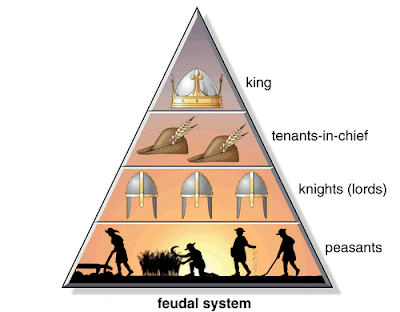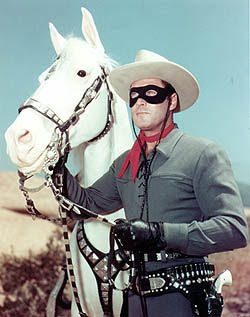Thanks to
Tyrone for his
comment directing us to a
YouTube presentation by W E Pollock, someone I've viewed with interest before. The comment was in response to an
FTAphaville piece that asked why the Dow was rising so strongly.
Pollock, whose presentations are useful to the layman because he is at pains to be clear and calm, notes that the volume of trade is low, which may mislead us as to the value of the market as a whole. It is as if, in a slow-moving housing market, your neighbour suddenly manages to sell his house for much more than expected, because the purchaser has certain private reasons to get in.
He also notes that the gains on the Dow are counteracted by the fall in the dollar's value, and this is a theme I've touched on many times. You have to look at real gains; and even when you think you're beating the present rate of inflation in your country, currency exchange movements may be the early indicators of higher future inflation. This is why, comparing where we are now to the period 1966 - 1982, I think we may yet see the real-terms equivalent of Dow 4,000 and FTSE 2,000.
Pollock goes on to consider gold, over which he puzzles (but then, there's a lot of dirty work and hugger-mugger in that market); and oil - if foreign economies begin to recover and industrial production rises, increasing the demand for oil, then if the dollar continues to be weak the price of energy in the USA will become so high as to damage growth prospects there.
So, where are we with all this?
Even academic economists are beginning (very belatedly) to question the validity of their models. Across the world, the games are so weighted and rigged, the rules so suddenly variable, that we are talking about how things ought to work, rather than how they really do. This is why it's now a fertile ground for conspiracy theorists: there really is a lot of conspiracy. Trouble is, we don't know all of the plots, all of the players, and all of the details.
What I think we can do, is look at the ocean tide, and not at the individual waves.
Historically, Western countries became wealthy on technological advances and were able to sell goods not just to each other, but to undeveloped countries in exchange for cheap resources. Then the latter countries began to industrialise, and goods could be carried at low unit cost in vast bulk across oceans and continents. All that remained was to break down political barriers to trade, as Nixon began to do with his visit to China in 1972.
Trouble is, controlling the rate of change. It's one thing to turn on your oil-fired central heating, another if your fuel storage tank catches fire. We want to carry on as we are (or as we used to be), but poor people are in a hurry to attain our wealthy lifestyles, and are disinclined to progress more slowly. Vast international businesses and globe-trotting billionaires stand to do very well out of facilitating this trade; national politicians are under pressure from their voters to resist it - but on a personal level, will know how rich they themselves will be when they leave office, so long as they don't try too hard for the people who elected them.
So, while I don't quite subscribe to the Dick-Dastardly-and-Mutley view of politician's summits (G-name-a-figure, Bilderberg, et al.), I can see the natural attraction for them of a world (or at least supranational) government. It means being further away from the Great Unwashed, mixing with all the Right People, fine wines and yachts etc; it means going with the flow, helping wealth and power to gather into certain centres, and organising dole handouts to regions that lose out as a result. Only the fools will try to play King Canute.
Imagine the world economies as a series of canal locks descending a steep hill. We are in the top section, the poor countries lower down. Now if all the gates are opened at once, there will be a destructive gush of water; the narrowboats in the top lock sink into the mud; the ones at the bottom float on a higher tide; a brave soul on a surfboard (the international trader) rides a thrilling wave down the hill.
Free-traders will argue that trade brings mutual benefits; but I don't think the argument works when world income disparities are so great. A Dutchman
bought Manhattan from the occupying tribe for $24, but I doubt they'd get it back for that price now, not even with 400 years' interest.

It's coming, it's coming fast, it's coming destructively; and the people we pay to stop it are telling us the lies we want to hear and planning their personal advancement*. Let us return the favour.
*
“It is a totally wrong notion of people to assume that the government does anything for the people; the government is there to do something for itself, and not for the people” –
Marc Faber on GoldSeek, 12 September 2009






























